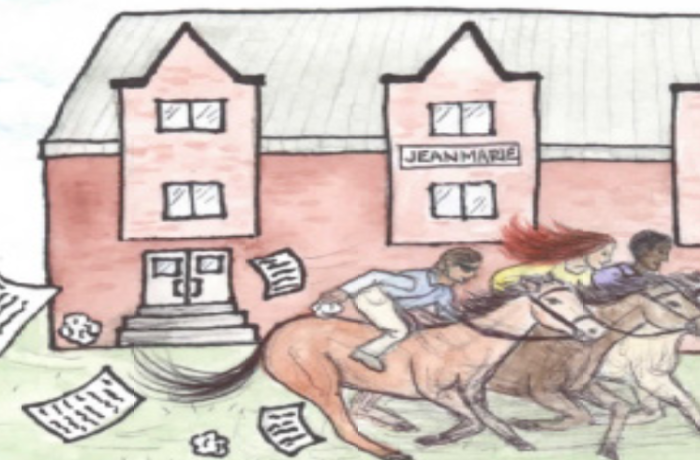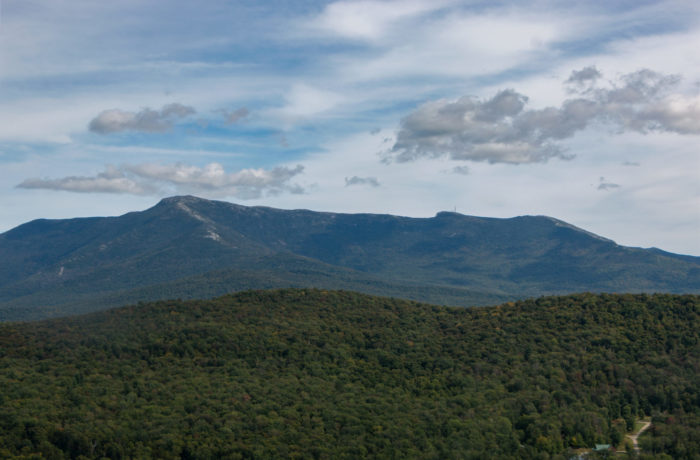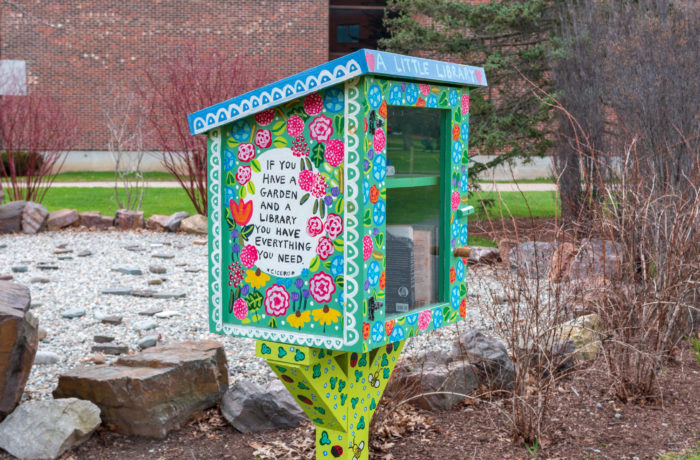By Eva Wilton
Last April, three students formed the SMC Conservative Group, and they held their first event Oct. 18 to encourage educated civil discourse on current political issues. The founding members said they have been challenged by their conservative stance at a predominantly liberal campus and especially post Trump’s inauguration.
“Our aim is to bring conversation to campus. Politics are getting more aimed around identity and are deeply personal,” said Alec Medine ’18, one of the founding members.
“In classes, I have noticed subtle statements come out during discussions from students that tend to bait conservatives,” Medine said, adding that inside and outside of the classroom conservatives on campus have felt uncomfortable at times.
“Conservatives in general walk onto a college campus expecting someone to not agree with them,” said Ralph Coluntino ’18 one of the chair member of the group.
The college’s location in the Northeast and recruitment of students from this region means that the student demographic is predominantly left leaning. “A part of the affiliation (left or right) is a sense of tribalism right now and it has little to do with principles and ideologies,” said John Hughes, professor of political science.
“An expanding marketplace of ideas is always beneficial and I think it’s great that they started a group on campus.”

The members of this group say that they have felt a sense of political separation on campus. “I’m sure for a lot of people here that hold conservative ideology being challenged on a day to day basis will help them grow more deeply into their beliefs, and do more introspection on why they believe what they believe,” Ryan Wurmsdobler ’19 said.
On Oct. 18 the SMC Conservative Group hosted a panel discussion to discuss national current events. The three founding members served as panelists and discussed economic prospects for college students, health care, the American Dream today, and whether the United States should pursue international isolation. A question and answer session followed the panel discussion. Approximately 30 students and faculty attended, from a wide range of political backgrounds.
“This is the first step (the panel discussion) in which we hope to be a long road to civil discourse on campus,” Wurmsdobler said.


